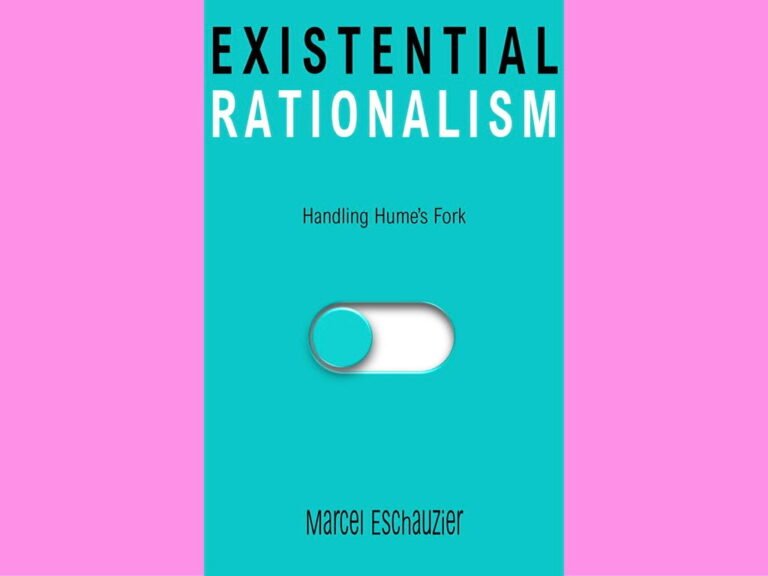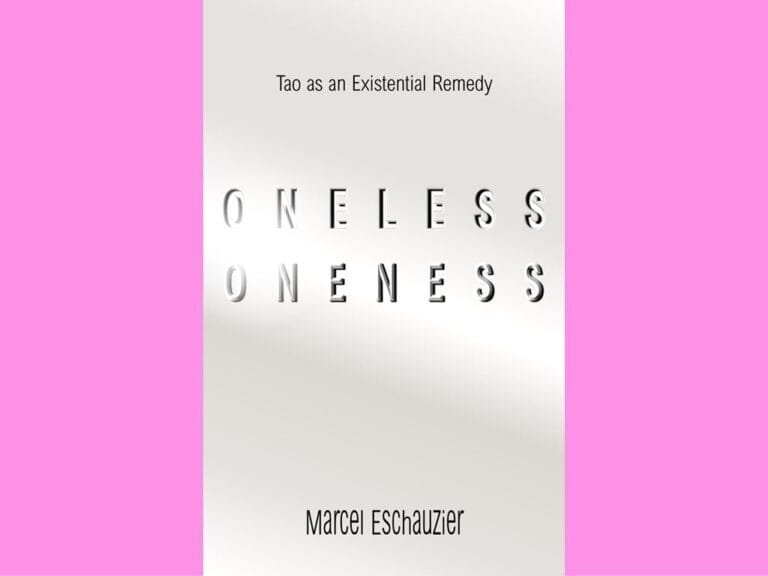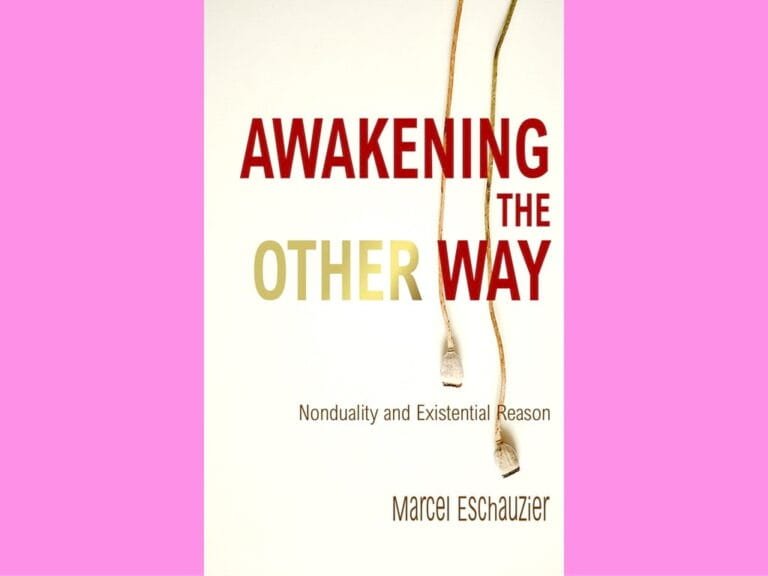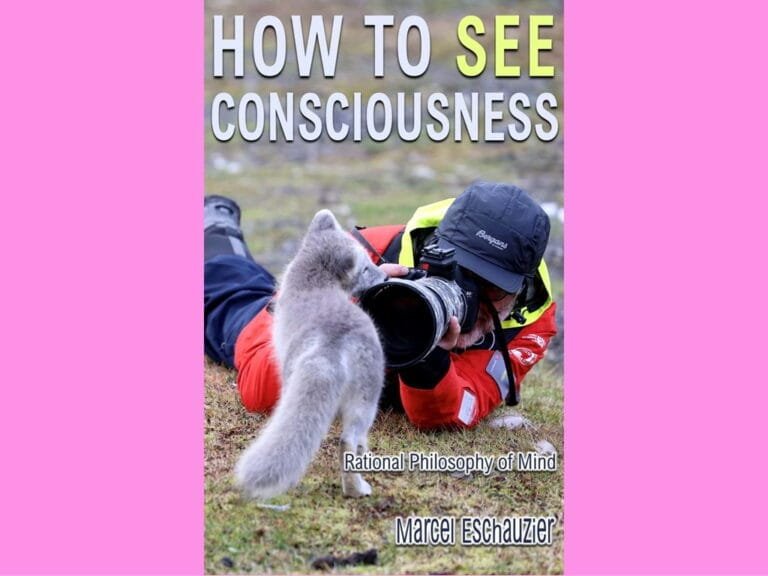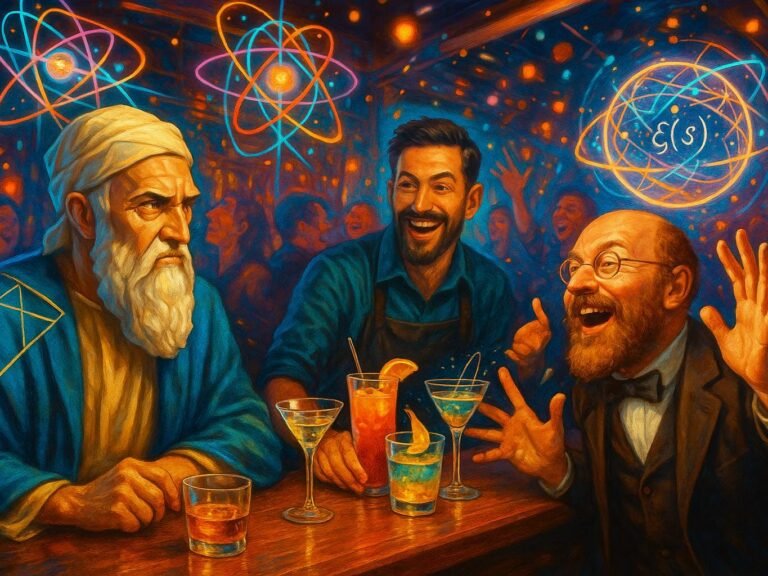Nonduality is simple, and nirvana is logical
Mental suffering is caused by a single, persuasive illusion: that you are separate from your purpose. Nonduality points beyond that illusion. It names the real world beneath it, where freedom already lives. When this is clearly seen, nirvana stops sounding mystical and starts making sense.

Join my free Substack @Simply Nondual for updates and my latest writings.
I call this approach Rational Nondualism: a complete nondual philosophy that treats clarity and coherence as virtues rather than threats. It points back to what has never been missing: your natural home, where nothing needs fixing.
My name is Marcel. I was born in the Netherlands and live in Belgium. After years of corporate work and life across cultures, my path shifted inward in 2016. The world’s nondual nature revealed itself unmistakably, and with it came a simple question: if this is true, why is it so poorly understood?
That question led me to writing.
While nonduality isn’t obvious, it isn’t mystical either. Like anything else worth understanding, it can be explored through careful language, models, and reasoning—while recognizing that none of these are nonduality itself. Over time, my understanding deepened. By 2025, nothing stood in the way of articulating a fully rational nondual philosophy.
Many contemporary nondual teachings treat thinking as an obstacle to freedom, and philosophy as a detour from awakening. My experience and my work suggest the opposite. When done carefully, philosophy prevents the hand-waving, contradictions, and vague assurances that keep nonduality confined to niche spiritual circles.
The mind is constrained by confusion, not by clarity.
Finding the freedom you’ve never lost doesn’t require adopting beliefs, practices, or a spiritual identity. It doesn’t demand philosophical training either. But if you are curious—if you want to understand what’s already present—then a philosophical path can be remarkably direct.
That’s why I recommend starting with my latest book, The Nondual Café (expected in 2026). It’s a fun philosophical fable that brings everything together in a readable form, designed to bypass the familiar dualistic reflexes. The book integrates what I learned in 2025 through dialogue within the nondual community and my own breakthroughs, presenting it without mysticism, jargon, or evasiveness.
My earlier books offer background, explorations, and complementary perspectives. Each points in its own way to the same rational nondual insight.
This moment, right now, is marvelously perfect. Nothing needs to be added or removed.
Only something needs to be seen clearly.

Well-being
Nonduality is all-pervasive. Trusting it has astounding benefits for your well-being—a message passed on to us by legendary Eastern sages like Lao Tzu, Bodhidharma, Shin-t’ou, and Huang-po. The philosophical guides Oneless Oneness and Awakening the Other Way explain in simple words why their timeless teachings don’t require religious beliefs but merely an inquisitive mind.

Philosophy
It’s easy to overlook nonduality, but you can experience it in simple things. The logical arguments for nonduality are equally straightforward, adding to their impact. But why use the word “nondualism” when modern Western analytical philosophy and metaphysics typically only recognize “dualism” versus “monism”? The essay How to See Consciousness solves this riddle.

Science
No more “reality duality”: Reimagined science embraces subject-object unity. Some readers ask how nonduality impacts science. Here’s one way: Science can’t reveal what the world is, only how it appears to us—and why. Thus, nondualism dispenses with the dualistic belief in quantum acausality. Learn more in the treatise Existential Rationalism.




